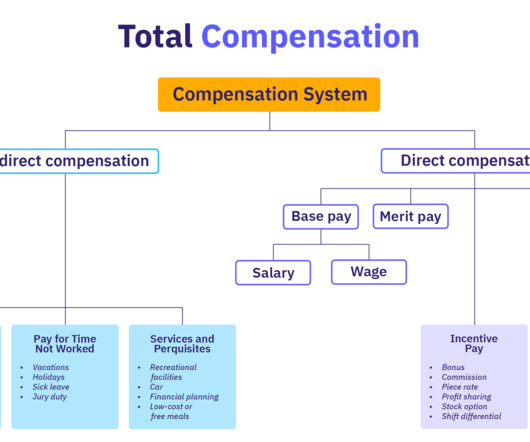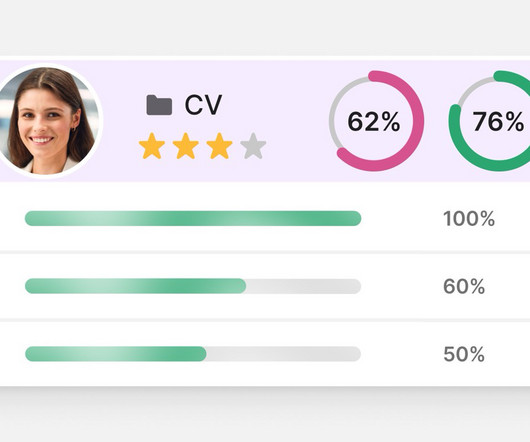Best Questions to Put in Your Employee Benefits Satisfaction Survey for 2022
Zenefits
AUGUST 24, 2022
Bottom line: if your employees aren’t happy with their benefits, it increases the chances of them accepting a stronger offer from your competitor. You can prevent this by conducting employee benefits satisfaction surveys and making feasible adjustments based on the results. Which 3 benefits do you need the most?























Let's personalize your content